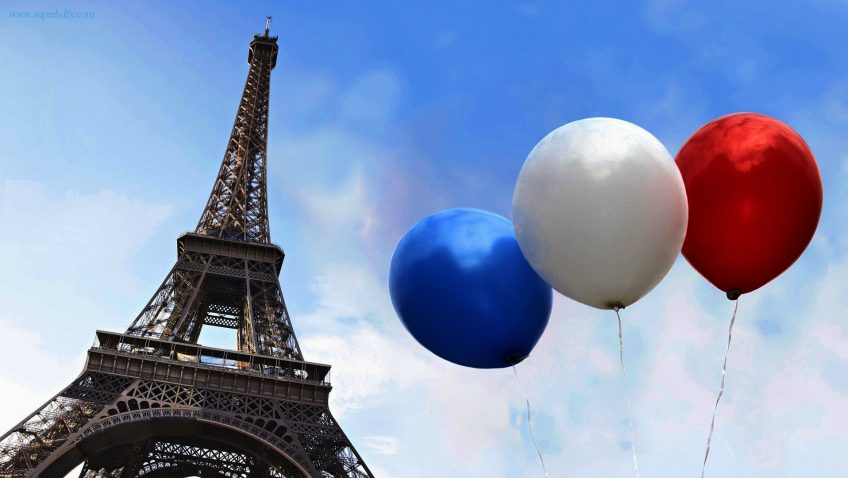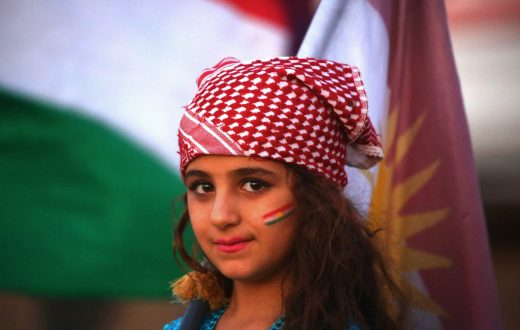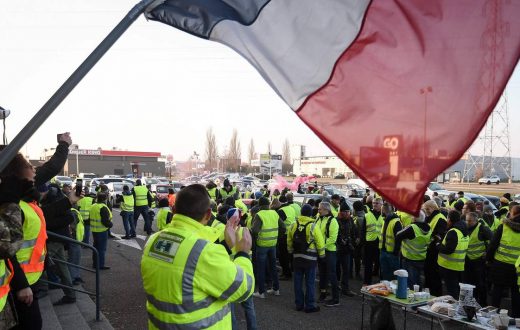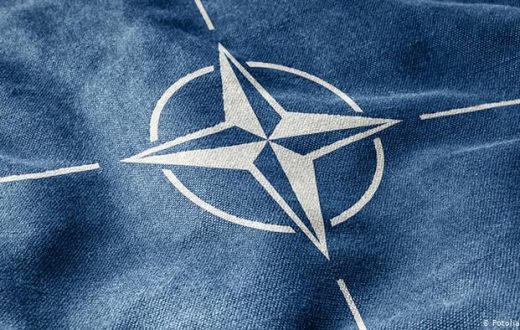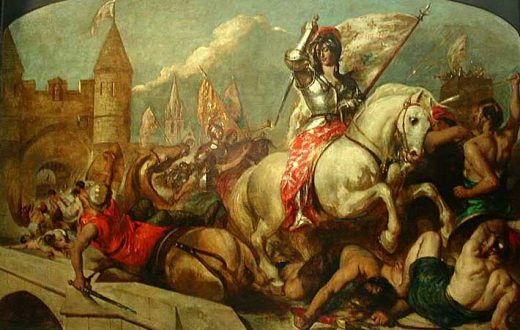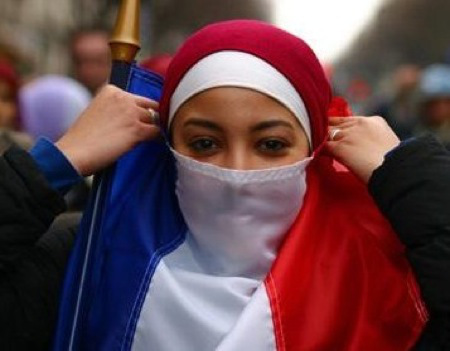France is an old country. Many observers from all around the world are aware of the French revolution (1789) but tend to forget its past. This article will try to explain the current institutions of France and how tightly they are with history.
How can we describe French institutions ?
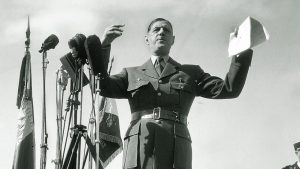
The point of our article is not to pick up articles from the French Constitution. We’d like to figure out the spirit of this system which is very specific. The executive power is shared by the Prime Minister (currently Edouard Philippe) and the President of the Republic (Emmanuel Macron). This pair really handles the country. But the President really lies at the core of this system. He is the chief of the armies and decides when the French army intervenes. The President has the ability to dissolve the assembly. Besides he decides who composes the government and who is the Prime Minister. The President is elected by the people thanks to the direct universal suffrage which provides him with legitimacy. The president has an aura which allows him to do almost whatever he wants. Following a major shift which occurred in 2000, the French national assembly is elected 2 months after the presidential elections. Consequently, the assembly is unlikely a counter-power.
This system and the French history
The French history has always been marked by the State and the power of the State. France has been built by the State. Total monarchy was born in France and the monarch would holds his power from God. Consequently, he can do almost everything he wants. Around the monarch, there are noble men and women helping him to lead. But this category has plenty of advantageous and privileges. The most important part of the people wasn’t recognized and had no power on French politics. This was before 1789. After the French revolution noblemen no longer had privileges. The French nation could exist after this event. For one century after the revolution, France knew an important political turmoil. In 1875, France lived through the third republic, a parliamentary system. But this system didn’t fit with the traditional role of the monarch and the image of the providential person the monarch used to have. The fifth republic is the perfect gathering between the role of the nation who elects the president and the missions of this last who really is the one leading France.
How much is it important from a geopolitical perspective ?

It is paramount because the President is supposed not to share its sovereignty with anyone else. The president is like the monarch and he has to do everything in order to be admired by its people. Theoretically, the President manages both the outside and the inside while the Prime Minister focuses more on the inside. Consequently the President always has to think about the image he has within its country. Moreover, the fact that he can uses the army whenever he wants, without the parliament, is particularly interesting. It means that he can act quickly and surprise many people.

